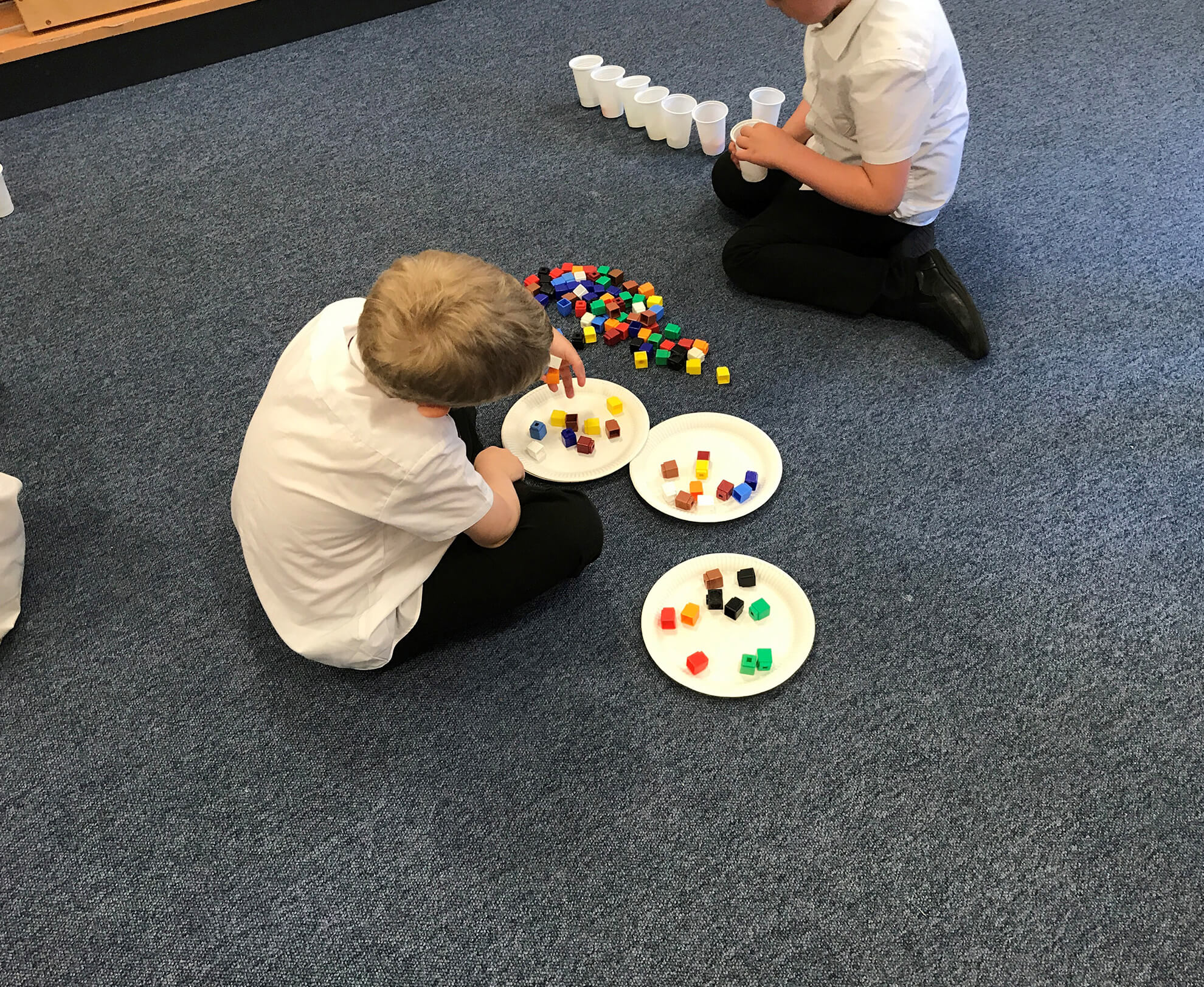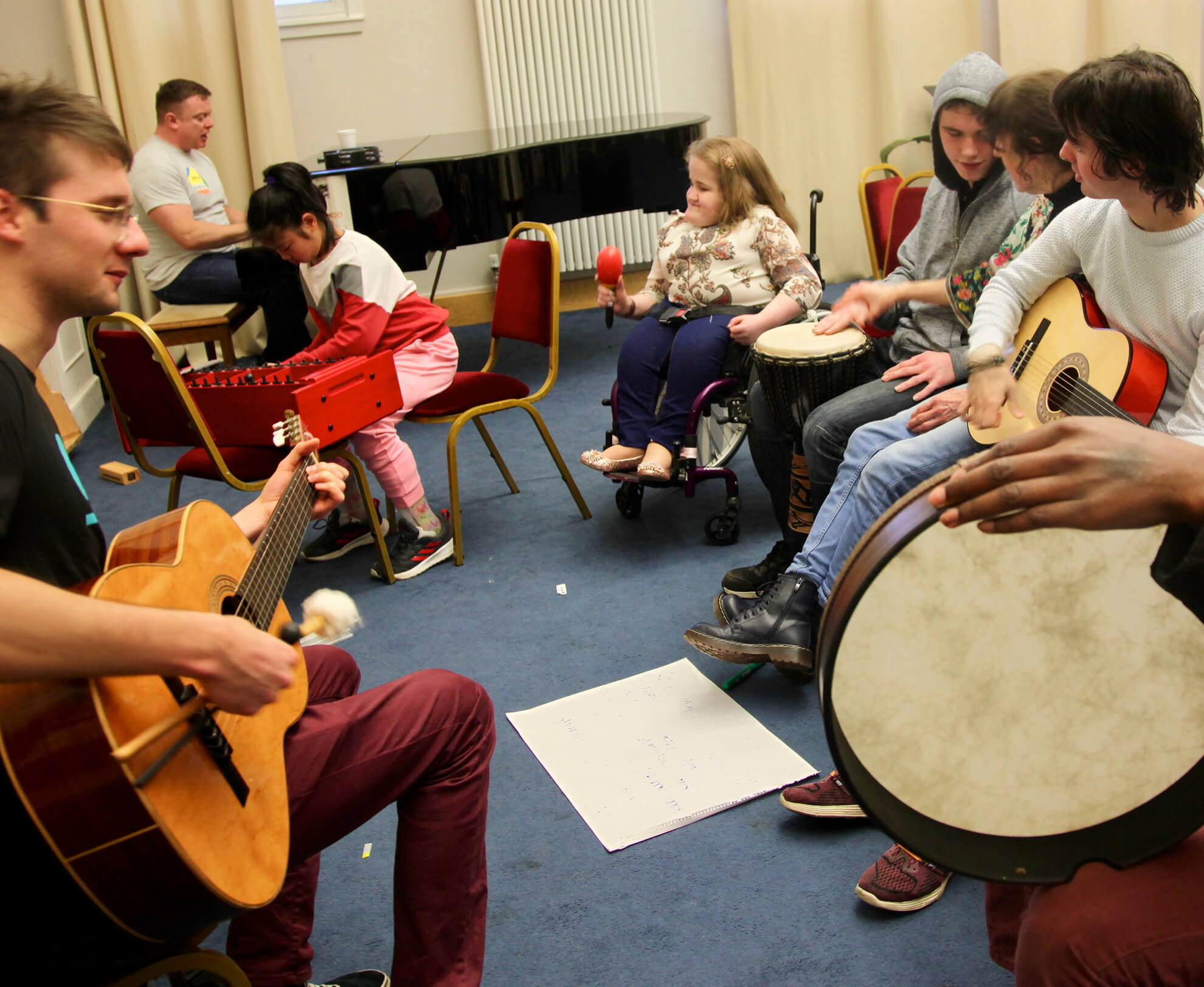About Lio Moscardini
I got involved in education through music. I was a professional double bass player and bass guitarist for a number of years, working with BBC SSO; RSNO; Scottish Ballet and Scottish Opera amongst many other arts organisations. My involvement in music education during this time influenced my decision to requalify as a primary teacher.
I taught in mainstream primary schools and primary and secondary special schools for many years and I was Depute headteacher of a primary school for children with learning difficulties before joining the Centre for Educational Support at Jordanhill Campus, University of Strathclyde in 2007. I was a Senior Lecturer in the School of Education specialising in inclusive education and additional support needs and the course director for the MEd in Inclusive Education which was a well-established course and a continuation of the previous MSc in Educational Support/ Support for Learning.
I left the University of Strathclyde in September 2018. I now work directly with schools and Local Authorities in a range of settings: early years, primary, secondary and special education. I am also a lecturer at the Royal Conservatoire of Scotland where I am a module co-ordinator on the MEd in Learning and Teaching in the Performing Arts and also teach on the BEd programme focusing on inclusive education.
My research and teaching focusses on inclusive education and additional support needs. My work in this area has been in three main contexts: children’s mathematics; music education and attachment and nurture.
I was a member of the project team which developed the National Framework for Inclusion for Scottish Government through the Scottish Teacher Education Committee.
In children’s mathematics, I am a leading expert in Cognitively Guided Instruction (CGI) particularly in relation to inclusive practice. CGI is a professional development programme for teachers that supports them to develop their pedagogy in a way that is informed by children’s mathematical thinking.
I learned so much from Lio during a Masters in Inclusive Education. He has a genuine way of drawing out ideas and challenging thinking by drawing from his deep knowledge and experience. I have massively benefitted from learning with Lio and am so much more confident in my practice as a result. He has inspired me to develop inclusive learning environments that benefit all learners.
Jane MinellyI am very actively involved in supporting the development of CGI in schools in Scotland and I am working with schools in a number of Local Authorities. I studied CGI with members of the original research team at the University of Wisconsin-Madison, the only person from the UK to have done so.
My research of children’s mathematics in relation to inclusive practice is widely recognized and is being used in universities across the world. I continue to collaborate with colleagues from the US and I have recently been invited to join a research team from UCLA (University of California, Los Angeles) and University of California, Santa Barbara working on children’s counting. I have shared my work in CGI and taught in universities and schools in the US, Italy, Switzerland, Malawi, Scotland and England.
In music education, I work regularly with Instrumental Music Services across various Local Authorities particularly in relation to inclusive practice. In collaboration with Paragon Music, I established an award winning programme in music education (Play On) for children with additional support needs to receive instrumental lessons. This programme came about as a direct result of the findings of a research project ‘Who gets to play?’ which I led. Play On won the RBS Community Programme of the Year Award. It ran for several years at the University of Strathclyde and now runs as Tune at the Glasgow City Halls in collaboration with Glasgow Life.
I work closely with colleagues from the Royal Conservatoire of Scotland on research of music education at a national level. I led the case study research for the What’s Going on Now? study commissioned by Creative Scotland. I am currently leading the case study element of an evaluation of the Youth Music Initiative being led by the Royal Conservatoire Scotland for Creative Scotland.
Lio Moscardini possesses an acute understanding of the young mind and its capacity to absorb and learn. His wide-ranging experience of many different disciplines allows him to bring a broad perspective to educational research. His work on numeracy and inclusion both in research and delivery of ground-breaking new initiatives leads the field. His work for the Music Education Partnership Group fulfilling the case studies for the What’s Going On Now report brought astonishing results. I turn to him whenever I need advice on current thinking and will be knocking at his door for further related research.
John Wallace


